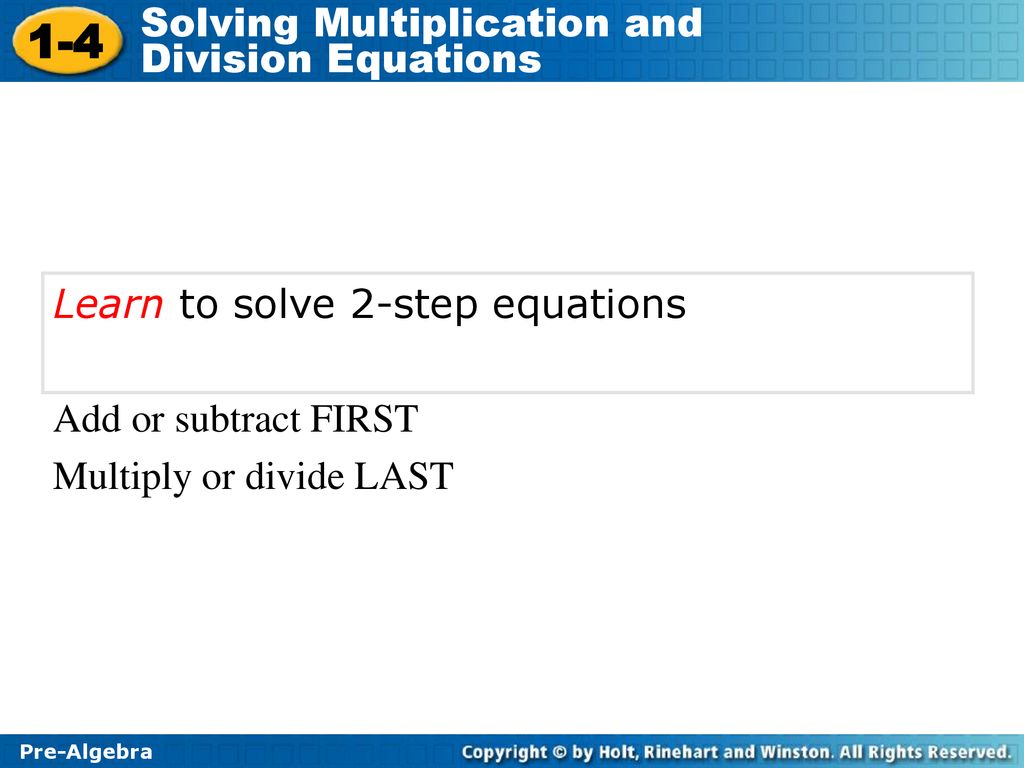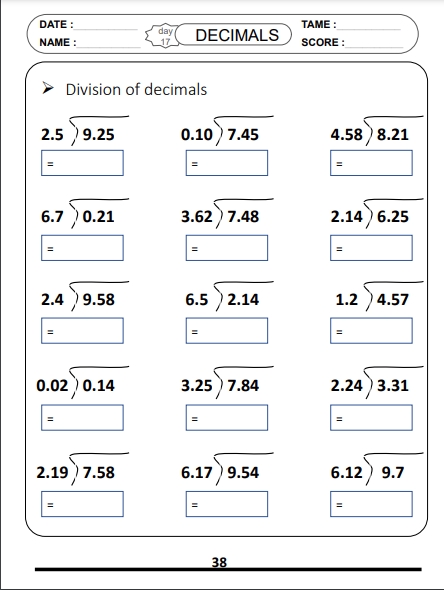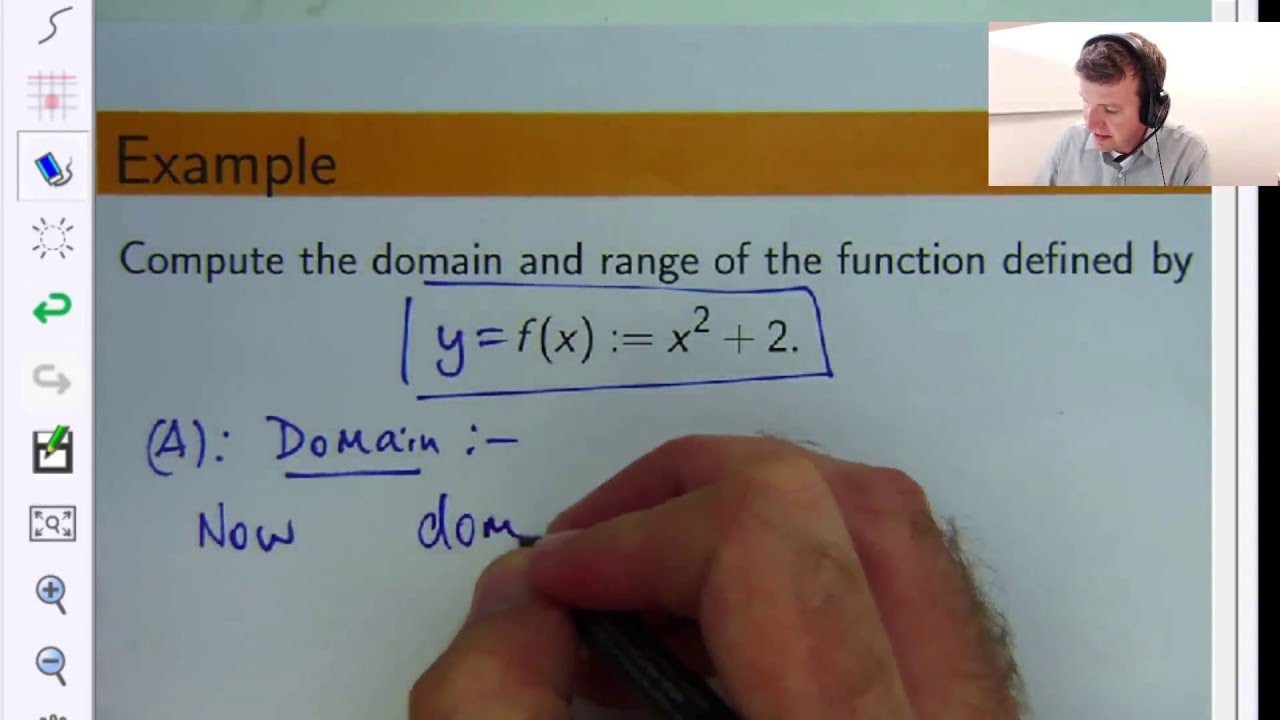5 Ways to Solve Two Step Equation

Understanding Two-Step Equations
When dealing with algebra, one of the fundamental concepts to grasp is solving two-step equations. These equations require two operations to isolate the variable, making them a bit more complex than one-step equations. Mastering two-step equations is crucial for building a strong foundation in algebra and mathematics in general. In this post, we’ll explore five ways to solve two-step equations, providing you with a comprehensive approach to tackling these mathematical problems.
Method 1: Using Inverse Operations
The first method involves using inverse operations to solve two-step equations. Inverse operations are pairs of operations that undo each other. For example, addition and subtraction are inverse operations, as are multiplication and division.
Let’s consider the equation: 2x + 5 = 11
To solve for x, we need to isolate the variable. We can start by subtracting 5 from both sides of the equation, which is the inverse operation of adding 5:
2x + 5 - 5 = 11 - 5
This simplifies to:
2x = 6
Next, we need to get rid of the coefficient 2, which can be done by dividing both sides of the equation by 2:
2x / 2 = 6 / 2
This gives us the solution:
x = 3
Method 2: Working with Fractions
Sometimes, two-step equations involve fractions. In these cases, we need to find a common denominator to simplify the equation.
Consider the equation: x/4 + 2 = 5
To solve for x, we can start by subtracting 2 from both sides of the equation:
x/4 + 2 - 2 = 5 - 2
This simplifies to:
x/4 = 3
Next, we need to eliminate the fraction by multiplying both sides of the equation by the denominator, which is 4:
x/4 * 4 = 3 * 4
This gives us the solution:
x = 12
Method 3: Solving Equations with Decimals
Two-step equations can also involve decimals. When dealing with decimals, it’s essential to keep the decimal places intact to avoid errors.
Consider the equation: 2x - 0.5 = 3.2
To solve for x, we can start by adding 0.5 to both sides of the equation:
2x - 0.5 + 0.5 = 3.2 + 0.5
This simplifies to:
2x = 3.7
Next, we need to divide both sides of the equation by 2:
2x / 2 = 3.7 / 2
This gives us the solution:
x = 1.85
Method 4: Using Algebraic Properties
Algebraic properties, such as the distributive property, can be used to solve two-step equations.
Consider the equation: 3(2x - 1) = 15
To solve for x, we can start by distributing the 3 to the terms inside the parentheses:
6x - 3 = 15
Next, we can add 3 to both sides of the equation:
6x - 3 + 3 = 15 + 3
This simplifies to:
6x = 18
Finally, we can divide both sides of the equation by 6:
6x / 6 = 18 / 6
This gives us the solution:
x = 3
Method 5: Checking Your Work
It’s essential to check your work when solving two-step equations. This can be done by plugging the solution back into the original equation to ensure that it’s true.
Consider the equation: x/2 + 3 = 7
Let’s say we solved for x and got the solution x = 8. We can plug this value back into the original equation to check our work:
8⁄2 + 3 = 7
4 + 3 = 7
7 = 7
Since the equation is true, we can be confident that our solution is correct.
📝 Note: Checking your work is an essential step in solving two-step equations. It helps you catch any mistakes and ensures that your solution is accurate.
By mastering these five methods, you’ll become proficient in solving two-step equations and be able to tackle more complex algebraic problems with confidence.
What is the difference between one-step and two-step equations?
+
One-step equations require only one operation to isolate the variable, whereas two-step equations require two operations.
How do I know which method to use when solving two-step equations?
+
The method you choose depends on the specific equation and the operations involved. It’s essential to analyze the equation and choose the most suitable method.
Can I use a calculator to solve two-step equations?
+
While calculators can be helpful, it’s essential to understand the underlying mathematical concepts and be able to solve two-step equations manually.



